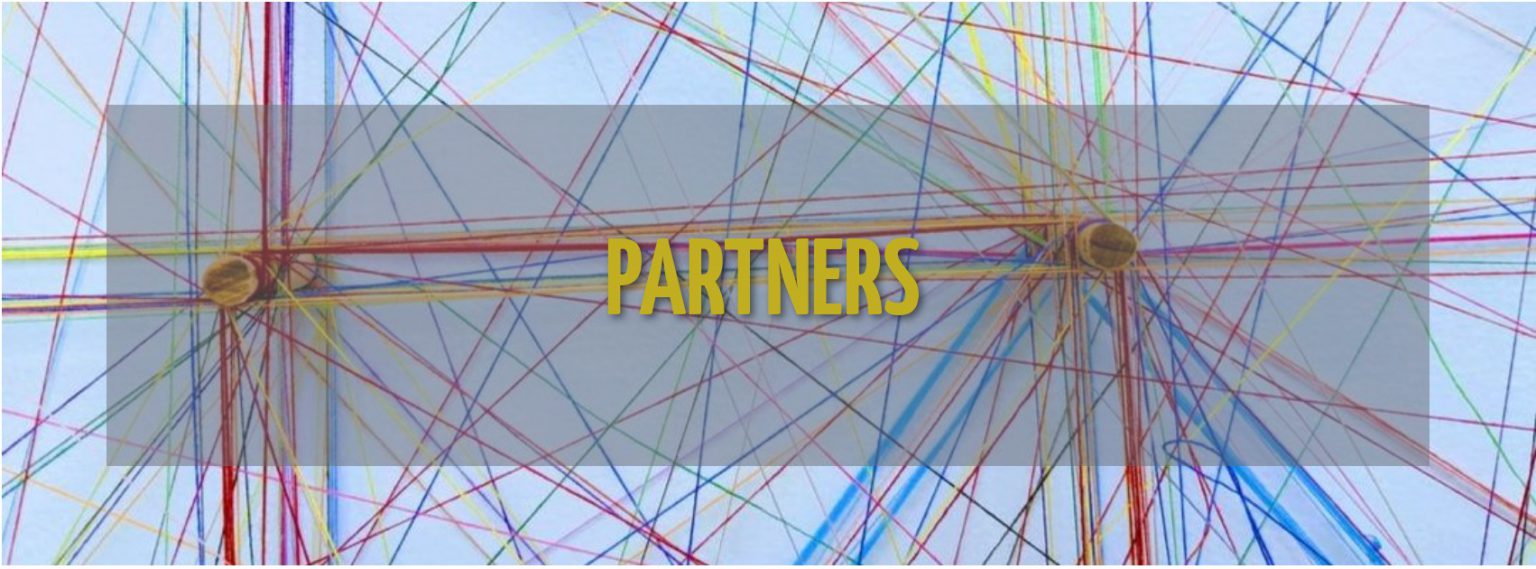
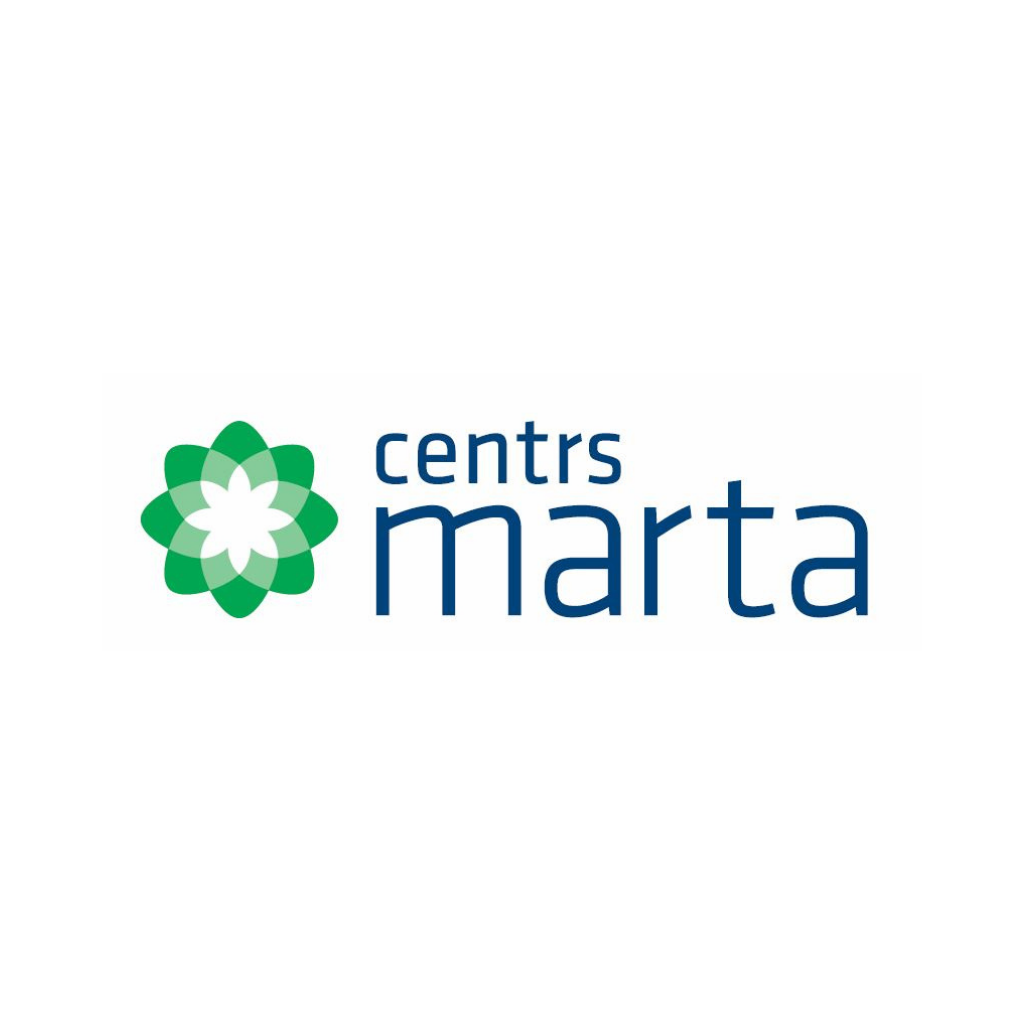
Centrs MARTA started its activities on May 5, 2000, originating from cooperation of the Swedish Martha Association in Finland and Women Organizations of Latvia. Centre MARTA is a non-governmental organization that aims to provide support to women in Latvia –non-citizens and migrants, women with low income and unemployed women, female victims of human trafficking and of domestic violence. MARTA establishes cooperation with other nongovernmental organizations and the respective public authorities at national and international level. MARTA searches for various fundraising opportunities and thus endorses combating of poverty and female exclusion, elimination of violence against women and promotion of women rights, which is a significant part of the human rights.
In 2010 MARTA started working proactively with young people aged 13—16 aiming to raise their awareness of gender equality, challenge the traditional gender stereotypes and thus reduce the risk for young people to experience violence and become victims of human trafficking. Within an 8 years’ time more than 20 youth groups were formed in the regions of Latvia engaging more than 1500 young people altogether. Currently (since 2018) Centre MARTA is working on a 3 year project “Youth- Dare to Care”, which aims to build capacity in the field of working with youth (ages 13 – 16) with the aim to recognize and prevent psychological, physical and sexual violence towards and among children and youth. Methodology of primary prevention has been developed, evaluated and ratified (according to Latvian social and cultural context).
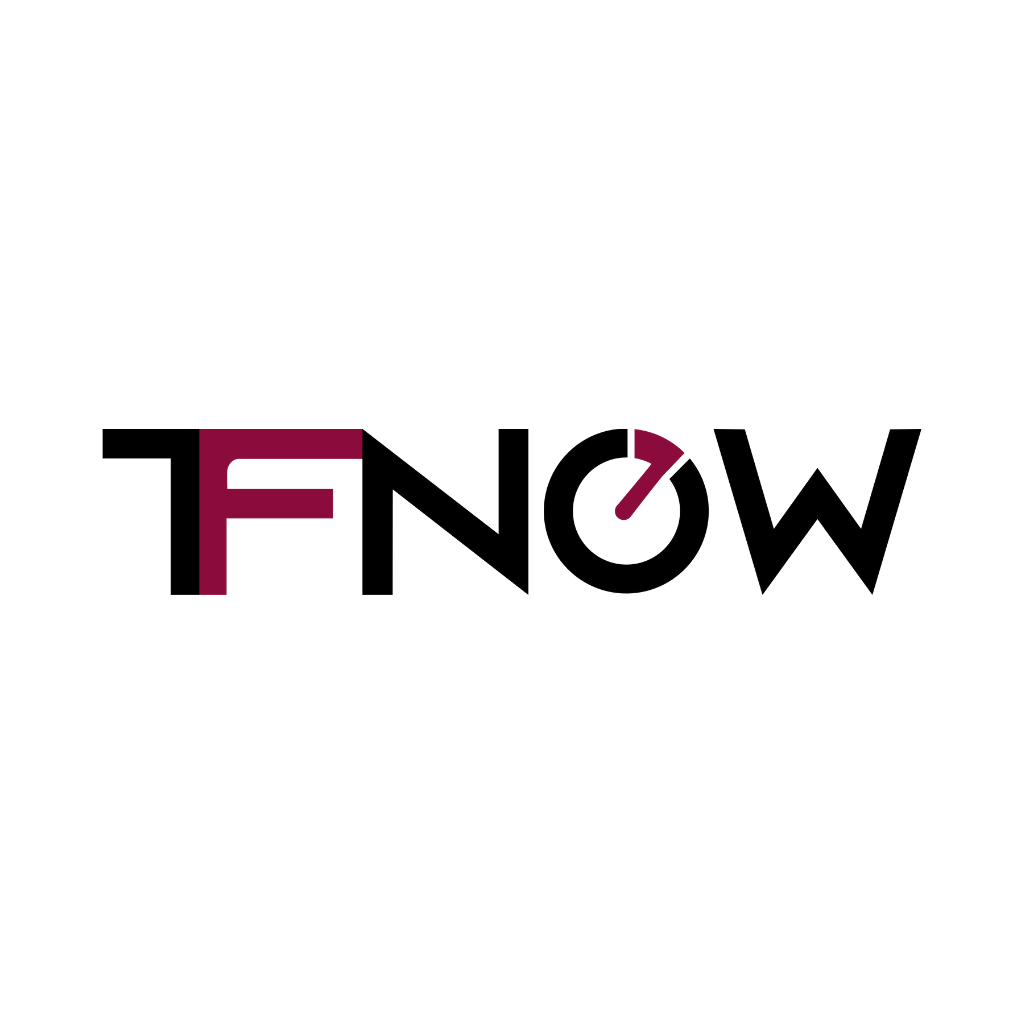
The Future Now Association is a Bulgarian youth NGO which implements initiatives and activities to contribute to the development and activity of young people, based on the principles of mutual assistance and solidarity. Our mission is to facilitate and create new opportunities for the realization of young people, represent and protect their interests, to support, promote, and develop democratic values of civil society and protect freedom, dignity, gender equality and inclusion of children, young people and vulnerable groups of society.
TFN works on projects in the field of innovation, education, media literacy, gender equality and mental health, especially focused on young people and their active participation in civic life.
In Re-GROUP, TFN is actively supporting all activities, including the piloting and updating of the Youth Group Methodology for Bulgaria, and is leading the Research on violence and well-being in youth, implemented as part of the project. TFN will also host as a closing event for the project, an international conference on the topic in Sofia, Bulgaria.
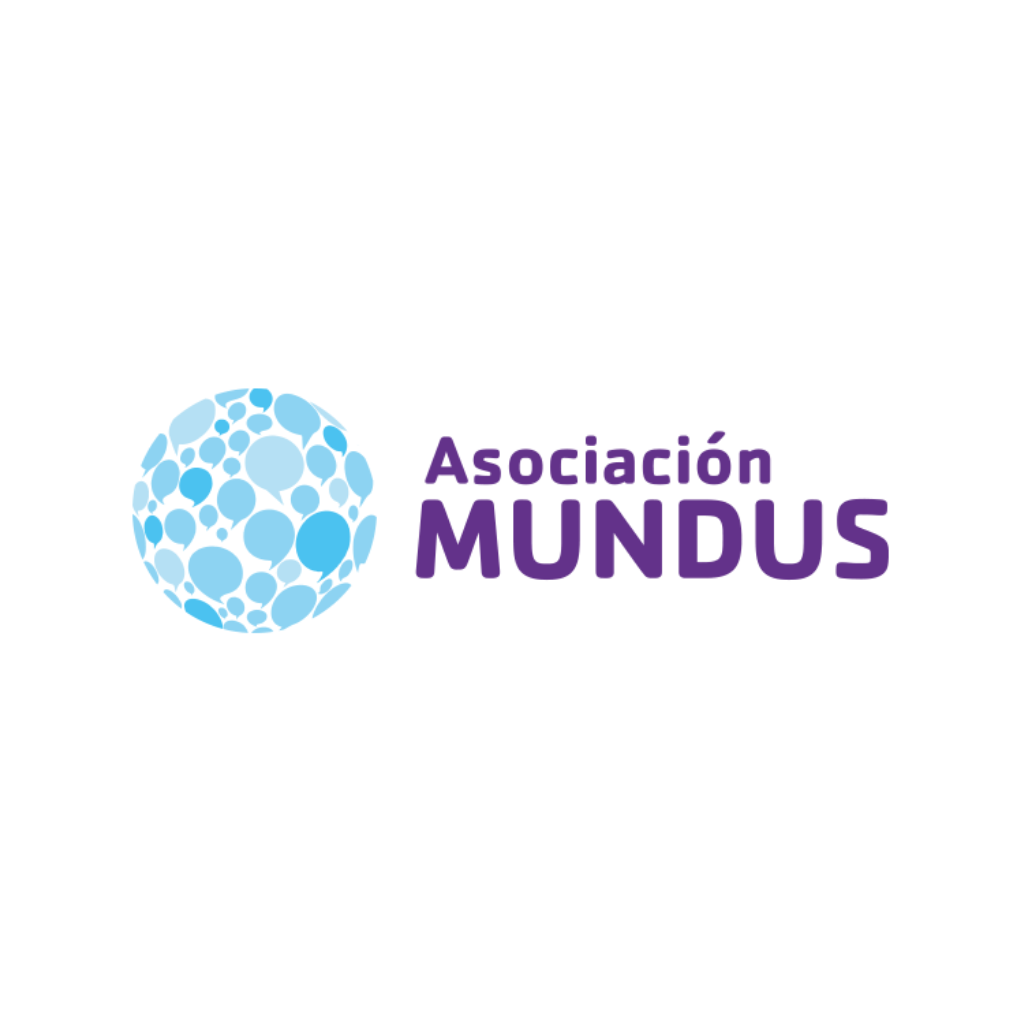
Asociación Mundus is a Spanish non-profit organization that was set up in 2013 and has headquarters in Zaragoza and Santa Coloma de Gramenet (Barcelona). The mission is to promote education, volunteering, intercultural and long-life learning from a non-formal education approach, so as to foster a more inclusive, diverse and conscious society.
Its main task is to manage international mobility projects for learning purposes -internships, volunteering, youth exchanges, training courses and strategic projects- for youngsters and professionals.
Asociación Mundus has implemented several projects in the frame of Erasmus+, European Social Fund, Europe for Citizens and PON, among others. Thus, the association has a wide experience coordinating and implementing projects of active citizenship and youth empowerment, mobility projects (EVS/CES, youth exchanges, youth workers mobilities, KA2…), as well as Erasmus+ VET projects (both as hosting and as sending organization).
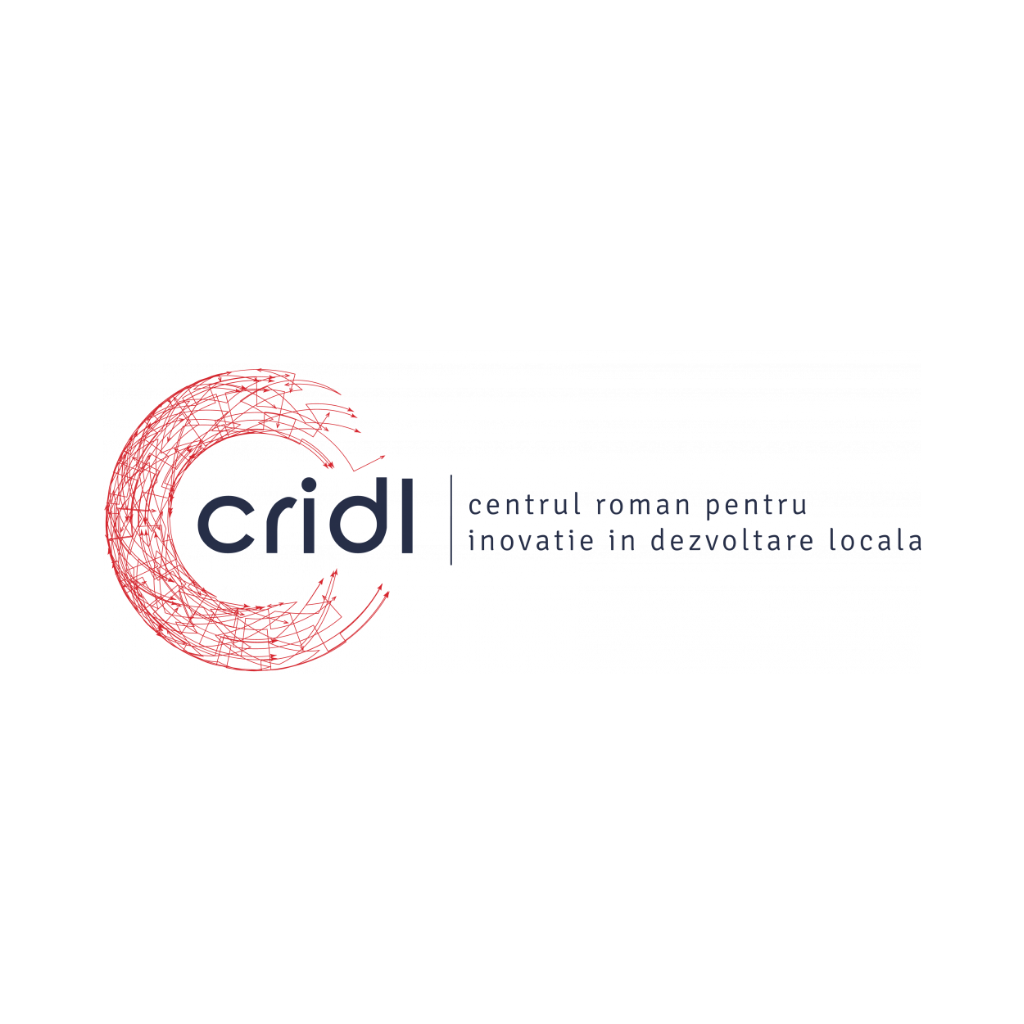
The Romanian Center for Innovation in Local Development (CRIDL) is an organization that offers innovative solutions to support local sustainable development in Romania. CRIDL was established in 2011 by a team of people with extensive previous experience of working together in development work.
Our guiding premise is that innovation can have a significant impact on all three levels of action that we consider necessary to generate change: (1) correct diagnosis and problem awareness, (2) development and adoption of effective policy responses, and (3) conducting specific interventions for the benefit and with the participation of local communities.
Through CRIDL we are focusing on the following directions of action: Problem awareness, political response, tangible and effective intervention, community regeneration, quality of life improvements.